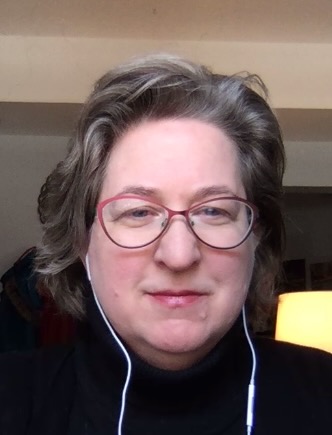Celebration of Scholars
#15: Coping with COVID: Teaching and Learning in a Pandemic
 Name:
Karin Sconzert
Name:
Karin Sconzert
Department: Education
Type of research: Independent research
Abstract
During the first year of the COVID-19 pandemic, starting in March 2020, teachers, families, administrators and educational institutions had to quickly pivot to new ways of teaching and learning. In my role as co-host of WGTD: Education Matters, a local Wisconsin Public Radio program, I recorded over a dozen interviews about the challenges and triumphs of teaching remotely and coping with the aftermath of illness and isolation. Parents, teachers, student teachers, professors, librarians, museum professionals, trauma specialists, and district administrators all shared their thoughts on this unprecedented time in education. This research project reviewed the archived recordings of these interviews to look for patterns in language use, strategies, and lessons learned. What do teachers have to say about remote learning? How did families reorganize their lives around school from home? And what led some children’s librarians to begin “Zoom Cat Hour”? I tuned in so you could find out.Submit date: April 1, 2022, 5:07 p.m.
